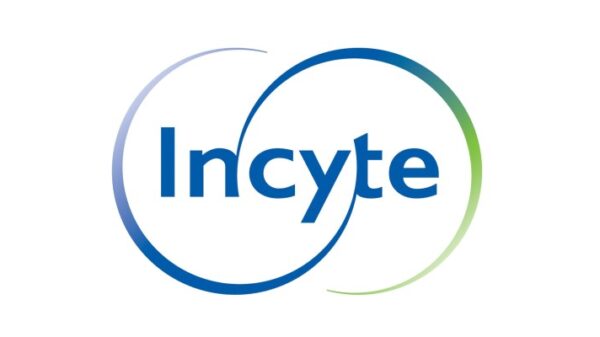Scammers are increasingly using alarming tactics to deceive individuals, particularly by impersonating local authorities regarding missed jury duty. Victims across various regions have reported receiving phone calls from fraudsters claiming they failed to appear for jury service and now face arrest warrants. This recent surge in impersonation scams poses significant risks, particularly to older adults and vulnerable populations.
Understanding the Jury Duty Scam
The fraud typically begins with a call from a blocked or unknown number. During these calls, scammers assert that the recipient has missed jury duty and threatens legal repercussions if they do not comply with payment demands. Payment methods requested usually include wire transfers or gift cards, which are key red flags indicating a scam. According to law enforcement officials, it is essential to remember that missing jury duty does not lead to criminal citations or arrest warrants.
In one instance, a victim received repeated calls from an unknown number. When the call was finally answered, the individual on the line, claiming to be from a local sheriff’s department, provided the victim’s full name and address. They insisted that multiple citations were pending due to missed jury duty. Such personalized tactics make these scams particularly convincing.
How to Recognize and Respond to Scams
Awareness is crucial in identifying these impersonation scams. Here are some effective strategies:
1. **Verify Suspicious Calls**: Legitimate court summonses are always sent by mail, not through threatening phone calls. If you receive a call that raises suspicion, hang up and contact your local court or police department using an official number.
2. **Be Wary of Payment Requests**: No legitimate government agency will demand payment via gift cards, cryptocurrency, or wire transfers. If someone threatens you with legal action unless you pay immediately, it is likely a scam.
3. **Reduce Digital Footprint**: Scammers often use publicly available information to lend credibility to their claims. Consider investing in a data removal service to minimize the amount of personal information available online.
4. **Report and Block Scam Numbers**: If you receive a scam call, report it to local law enforcement or your country’s fraud reporting agency. Blocking the number can also prevent future calls.
5. **Utilize Call Screening Apps**: Applications like Truecaller and built-in features such as Google Call Screen can help identify and block suspicious calls automatically.
6. **Educate Vulnerable Individuals**: Older adults are frequent targets for these scams. Take time to explain how these fraudulent calls work to family members or friends who may be at risk.
The rise in jury duty phone scams highlights a disturbing trend in fraud tactics. Scammers are becoming more sophisticated, leveraging emotional pressure and personalized information to exploit their victims. By staying informed and vigilant, individuals can better protect themselves against these malicious schemes.
In conclusion, it is essential to empower yourself and your loved ones with knowledge about how these scams operate. Recognizing the signs and employing protective measures can significantly reduce the risk of falling victim to these deceptive practices.






































































